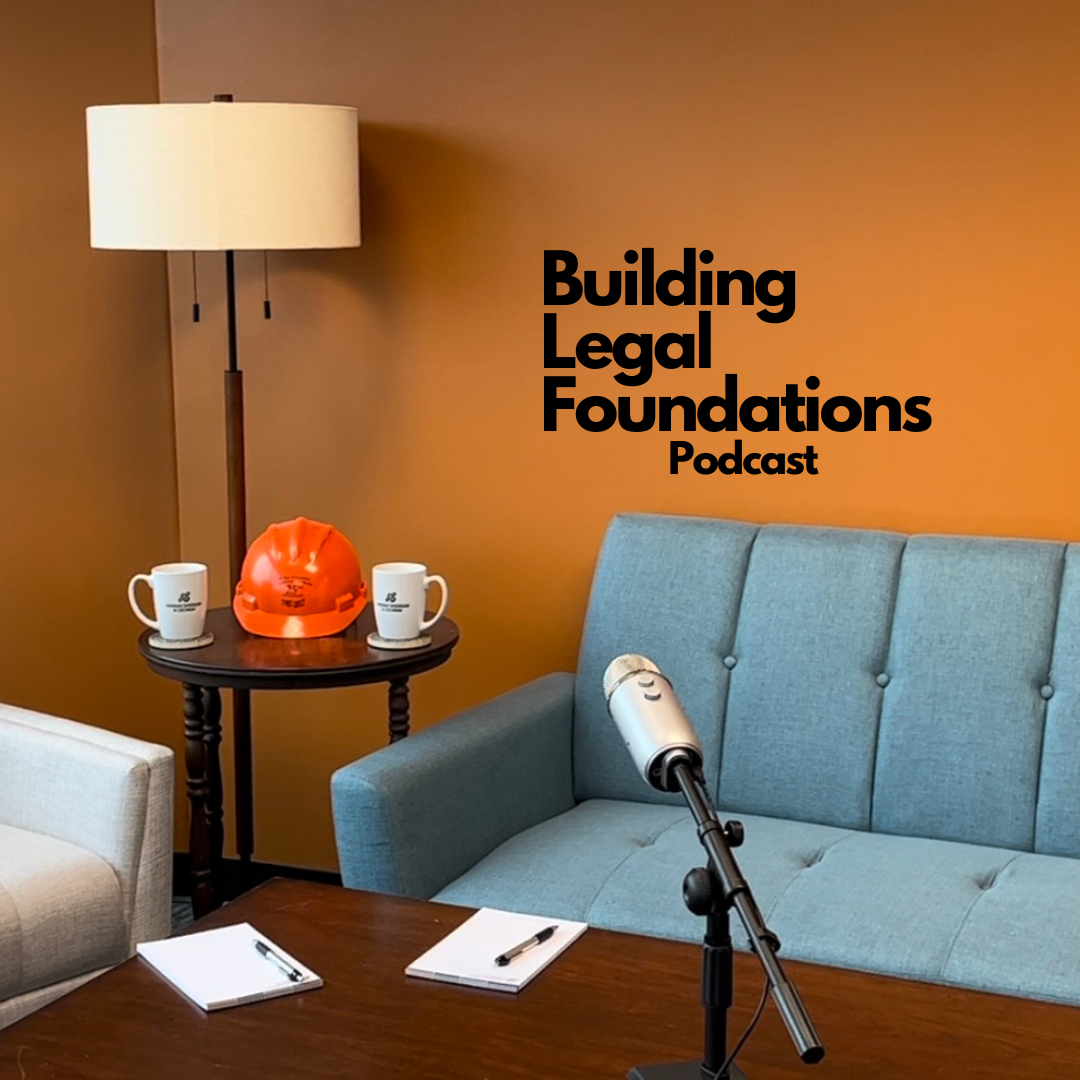Hannah Sheridan & Cochran's own podcast, previously available via Spotify, is now available to listen…
Secured Lending in North Carolina
Generally speaking, secured lending is defined as a loan or extension of credit in which the borrower pledges an asset as collateral for the loan. A secured loan or transaction generally involves a two document system: an acknowledgment of the debt/pledging of the collateral and an instrument which evidences the creditor’s encumbrance on the collateral. For example: a debtor\borrower may agree to pledge his motor vehicle as collateral for a loan. In such a case, the debtor would execute 2 documents: 1) A promissory note acknowledging the debt and agreeing to pledge the motor vehicle and 2) an MVR-6, which creates a lien on the vehicle. There are many types of secured transactions in North Carolina, including but certainly not limited to: UCC Financing Statements, Deeds of Trust, Confessions of Judgment, MVR-6, etc. We will look at each of these, individually:
Deeds of Trust: Perhaps an arrangement with which most are familiar, this type of secured transaction involves the pledging of real property to secure a debt. This is commonly seen in a typical mortgage situation where the real property is pledged to secure the debt owed to the bank. A deed of trust is actually a three party document wherein the debtor/purchaser conveys interest in the real property to a trustee, to be held for the benefit of the lender/creditor until the underlying debt is paid. A deed of trust should be immediately filed in the Office of the Register of Deeds in the county where the property is located. Once the debt has been paid in full, the creditor causes a satisfaction of deed of trust to be filed, thereby removing the encumbrance on the real property.
Confession of Judgment: A confession of judgment is a document wherein the debtor agrees to let the creditor enter a judgment against him/her in the event of non-payment of the underlying debt. A confession of judgment is accompanied by a promissory note which lays out the terms of repayment and grants the confession of judgment as security/collateral. Generally, the creditor holds the executed confession of judgment during the repayment period. Should the debtor default, the promissory note grants the creditor the authority to file the confession of judgment with the Clerk of Court and thereby obtain a judgment against the debtor for the outstanding balance owed to the lender\creditor.
MVR-6: As mentioned above, a MVR-6 is used in situations where the debtor\borrower seeks to pledge a motor vehicle as collateral for the repayment of a loan or debt. In this scenario, the debtor executes a promissory note which sets forth the terms of repayment and pledges the vehicle as collateral. The MVR-6 is the document which is filed with the North Carolina Division of Motor Vehicles and creates the creditor’s interest in the collateral. Specifically, the creditor’s name is shown as a lien on the vehicle’s title. Once the debtor has remitted full payment, the creditor must cancel the title encumbrance. Only then could the debtor convey the motor vehicle, free and clear.
UCC Financing Statements: UCC secured transactions are situations where the lender takes a security interest in an asset of the debtor and that security interest is perfected by a filed UCC Financing Statement. UCC Financing Statements are often utilized in situations where the asset or assets pledged as collateral are not necessary tangible or may not be titled. For example, assets such as accounts receivable, inventory, equipment or even after-acquired property can be encumbered by a UCC Financing Statement. Similar to a Deed of Trust or an MVR-6, the purpose of the UCC Financing Statement is to provide notice to the public-at-large that the secured party/ lender has an interest in the property pledged as collateral. Once the UCC financing statement is filed with the North Carolina Secretary of State, a lien is created and the debtor cannot dispose of the asset to a third party unless the debt is paid and the lender’s interest is extinguished.
If you have additional questions regarding methods of secured lending or secured transactions, please contact our office.
– Cody R. Loughridge


